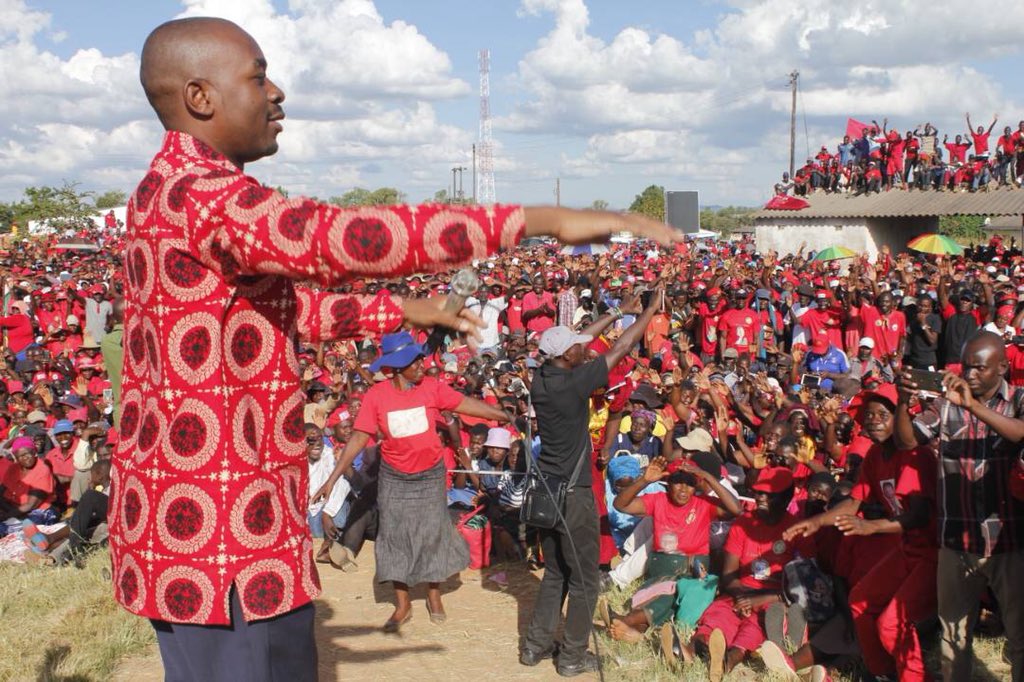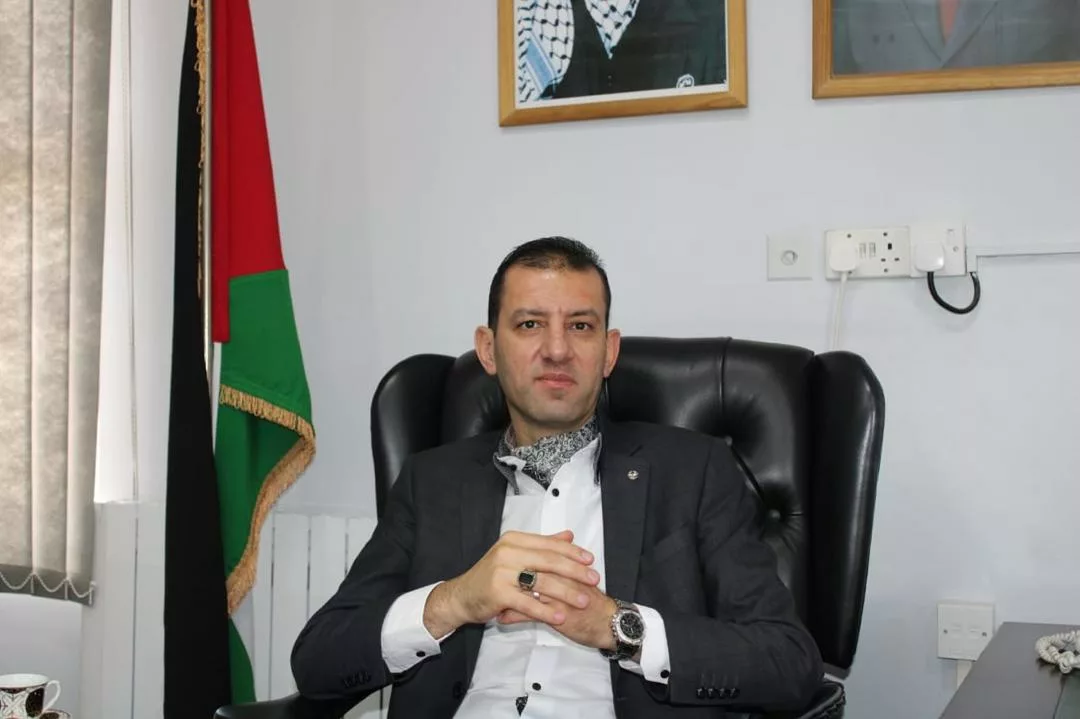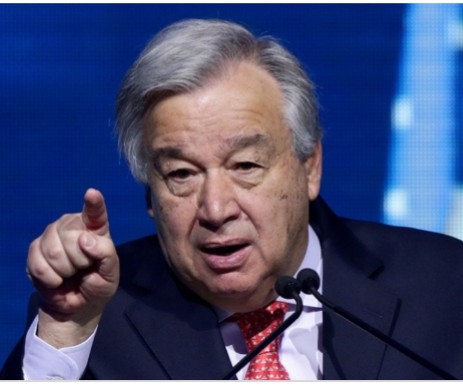By Farai Chirimumimba
Beginning with his inauguration speech on 24 November 2017, President Emmerson Mnangagwa has used any other forum he gets to remind delegates or guests that Zimbabwe will hold a free, fair and credible harmonised election.
Whether there is going to be a free, fair and credible election can be shown through opinion polls where a random sample of Zimbabweans are asked the same set of questions on their experiences and feelings towards the upcoming general elections.
The nation will head to the ballot box in July/August. The ensuing announcement of the actual election date will undoubtedly open floodgates to a veritable sea of polling statistics, figures and predictions. From the Afrobarometer to Mass Public Opinion Institute (MPOI) and every other newspaper there will probably be publishing of own set of opinion to forecast the outcome of the harmonized elections.
Opinion polls by Afrobarometer and Freedom House among others over the last elections predicted a ZANU-PF win. However, with both Robert Mugabe and Morgan Tsvangirai not going to be on the ballot paper for the first time in nearly two decades, it will be interesting to see how the pollsters will equate the leading candidates incumbent President Emmerson Mnangagwa of ZANU-PF and MDC Alliance leader Advocate Nelson Chamisa.
National People’s party candidate and former Vice-President Joice Mujuru together with independent candidate and former Industry and International Trade minister Nkosana Moyo should not be discounted from the race. There is high chance that these two candidates may force a second round for the presidential election. In that case Mnangagwa and Chamisa will definitely require support from these candidates to win.
It will also be interesting to note how pollsters will depict the youth vote (those between 18 and 35 years) that the Zimbabwe Election Commission (ZEC) has said form the majority of the more than 5.3 million registered voters on the roll. With women making over 50 percent of the total voters it will also be interesting to see how their opinion will be framed by the pollsters.
In many countries however, pollsters have left the electorate stumped and confused because of the unreliability of polling data around. The 2016 United States presidential election is a case in point where most pollsters did not a give the incumbent president any chance of winning which he did against all odds. Distorted opinion polls maybe as a result of that the researchers unknowingly speak with more people from the same party and fail to weight the results to compensate for this disparity. Although pollsters were not able to correctively predict the United States presidential election, they did a better job during last year’s French presidential election were Emmanuel Macron won the presidency. Again during Britain’s snap election last year pollsters were able to predict loss of parliamentary majority by the incumbent Prime Ministers Theresa May’s Conservative party whilst predicting a gain for the Labour party.
Despite some of these challenges, pollsters remain a useful source of tracking progress of the election. Polls are generally used to determine the views of the people towards a certain political party or candidate. Random questions are asked to a sample that maybe used as representative of the whole or part of the population.
Whether or not we should trust pollsters is a difficult question to dissect. Pollsters although having their flaws, they are an important tool in understanding the direction of an election and can be provide vital information that political parties and independent candidates can use to further target a specific group of people to canvass for votes. Journalists and the media have a responsibility in interpreting the results and distribute to their readership. But however, should not against relying on a single pollster as this will limit the ability of readers to make conclusive decisions on where the election is heading. As Charles Orton-Jones said, “In politics, a single percentage swing can make a difference between victory and defeat.” We wait to see if pollsters will be able to correctly predict the outcome of the harmonized election.






